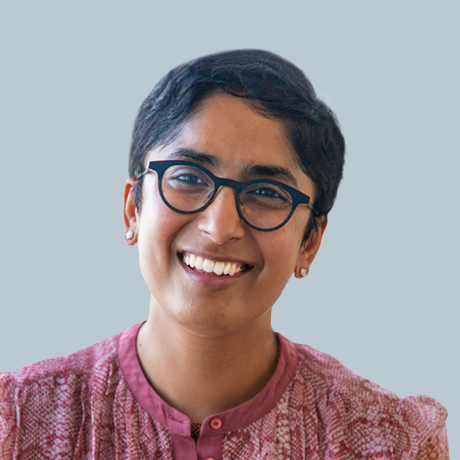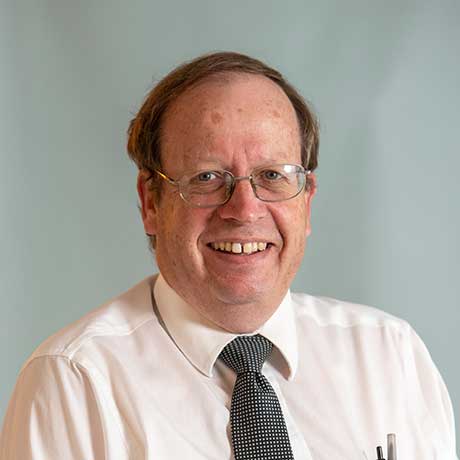-
- Find Care
-
- Visitor Information
- Find a Location
- Shuttles
- Visitor Policies
-
-
-
- Our Virtual Care Options
- Virtual Urgent Care
- Virtual Visits for Primary & Specialty Care
- Online Second Opinions
- Participate in Research
-
- Contact us
-
- For Innovators
- Commercialization Guide for Innovators
-
-
- Research News
- Alzheimer's Disease
- Artificial Intelligence
-
- Overview
-
- Overview
- Getting Started
- New to Mass General Brigham
- International Patient Services
- What Is Patient Gateway?
- Planning Your Visit
- Find a Doctor (opens link in new tab)
- Appointments
- Patient Resources
- Health & Wellness
- Flu, COVID-19, & RSV
- Billing & Insurance
- Financial Assistance
- Medicare and MassHealth ACOs
- Participate in Research
- Educational Resources
- Visitor Information
- Find a Location
- Shuttles
- Visitor Policies
- Find Care
-
- Overview
- Our Virtual Care Options
- Virtual Urgent Care
- Virtual Visits for Primary & Specialty Care
- Online Second Opinions
-
- Overview
- Participate in Research
-
- Overview
- About Innovation
- About
- Team
- News
- For Industry
- Venture Capital and Investments
- World Medical Innovation Forum (opens link in new tab)
- Featured Licensing Opportunities
- For Innovators
- Commercialization Guide for Innovators
- Contact us
-
- Overview
- Information for Researchers
- Compliance Office
- Research Cores
- Clinical Trials
- Advisory Services
- Featured Research
- Two Centuries of Breakthroughs
- Advances in Motion (opens link in new tab)
- Brigham on a Mission (opens link in new tab)
- Gene and Cell Therapy Institute
- Research News
- Alzheimer's Disease
- Artificial Intelligence
-
- Overview
-
- Overview
- Residency & fellowship programs
- Brigham and Women's Hospital
- Massachusetts General Hospital
- Mass Eye and Ear
- Newton-Wellesley Hospital
- Salem Hospital
- Integrated Mass General Brigham Programs
- Centers of Expertise
- Global & Community Health
- Health Policy & Management
- Healthcare Quality & Patient Safey
- Medical Education
- For trainees
- Prospective trainees
- Incoming trainees
- Current trainees
- Continuing Professional Development
Specialized Expertise Transformed a Critical Setback From Peripheral T-cell Lymphoma Into Hope
A shocking diagnosis
After noticing a lump in her neck, Jen scheduled an appointment with her primary care doctor. Her doctor found several enlarged lymph nodes in her neck.
Months of testing led to a diagnosis of peripheral T-cell lymphoma, not otherwise specified (PTCL-NOS). It is the most common subtype of peripheral T-cell lymphoma.
"I was healthy and had always taken care of myself, so the diagnosis was definitely a shock," Jen said. "I didn't feel sick. In fact, I was running right up the day I found out."
Her first consultation with a lymphoma specialist left her feeling uneasy, as the doctor had limited experience treating peripheral T-cell lymphoma. Determined to find the best possible care, Jen sought out Salvia Jain, MD, a hematologist and medical oncologist at Massachusetts General Hospital, a founding member of Mass General Brigham.
A national expert on T-cell lymphomas
Dr. Jain is one of the country's top experts on T-cell lymphomas. At Mass General, she leads research that aims to understand the biology of these diseases and develop more effective therapies. She is also the founder of the PETAL Consortium. This global network of investigators collaborates to improve outcomes for patients with T-cell lymphomas by accelerating scientific breakthroughs to early-phase clinical trials.
From cutting-edge research to lifesaving care
The new plan was bold: an allogeneic stem cell transplant, where donor stem cells would replace Jen's immune system to better recognize and fight the cancer. First, however, Jen would need to achieve a remission that was, in Dr. Jain's words, "deep and durable."
To achieve this, Dr. Jain turned to a cutting-edge cancer treatment strategy that she had previously studied in a clinical trial testing. It featured a novel combination therapy of two drugs to treat patients with T-cell lymphomas.
"At Mass General, we are leading research that gives us access to novel information other doctors might not have," Dr. Jain said. "This sometimes allows us to offer patients treatment options that other hospitals can't offer and, in many instances, years ahead of their approval by federal agencies and national committees."
The combination therapy got Jen back into remission. Now, Steven McAfee, MD, clinical director of Mass General's Bone Marrow Transplant Program, would take over her care.
Deep experience with stem cell transplants
Dr. McAfee has been performing stem cell transplants for three decades. He explained that the goal of Jen's allogeneic stem cell transplant was to replace her immune system with donor stem cells capable of recognizing her lymphoma.
"Jen's immune system wasn't recognizing her lymphoma as foreign, which allowed it to grow," he said. "The transplant aimed to introduce a new immune system that would identify and destroy the cancer cells."
The search for a donor began when Jen started combination therapy. The team successfully identified two matches from anonymous donors.
Prior to the transplant, Jen underwent seven days of chemotherapy at Mass General to remove her faulty stem cells. Then, the donated stem cells were infused intravenously. "I didn't feel anything," she said. "They monitor you the entire time to make sure there's no reaction."
Three more days of chemotherapy followed the transplant. This round was more physically challenging for Jen. In addition to extreme fatigue, she had bone pain associated with her bone marrow creating white blood cells.
"The ability to keep getting up off the mat makes a huge difference," Dr. McAfee said. "Jen's determination and ability to keep fighting gave her the best chance of recovery."
'Nowhere else I'd rather be'

Contributor



